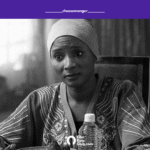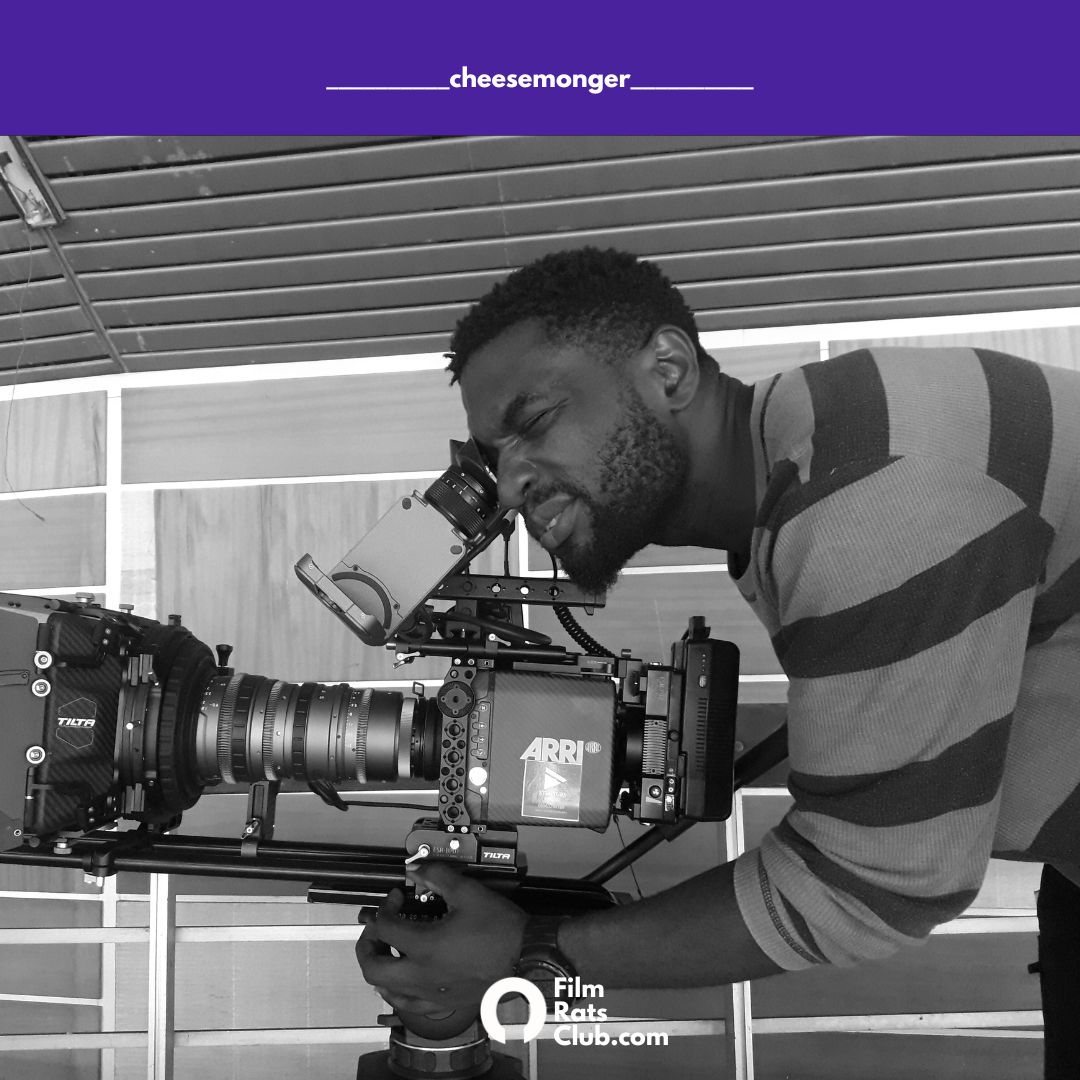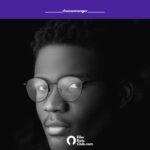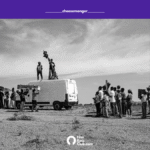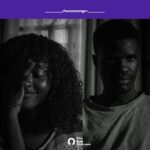In the first scene of the 1596 play, The Merchant of Venice, one of the main characters, Antonio, likens the world to a stage: I hold the world but as the world, Gratiano;A stage where every man must play a part,And mine a sad one. — Act I, Scene I A few years later, when Shakespeare’s theatre, The Globe, opened in 1599, its motto, placed above the building, was the Latin phrase, Totus mundus agit histrionem, or, ‘all the world plays the actor’. This aphorism still holds true today, perhaps more than it did four hundred years ago. In this age of cameras, both personal and hidden, where individuals carefully curate the aspects of their lives they want to share online, hasn’t it been made much easier to ‘play the actor’? Wouldn’t you say it’s become less and less of a hassle to present a persona to the public, completely different from what is true and real? But we live in postmodern times, and the very concepts of ‘true’ and ‘real’ do not have the universal and absolute connotations they previously did. So, who determines what constitutes outright misinformation and what is a subjective, partial, essentially postmodern ‘truth’? If a half-truth is being propagated for a noble cause, should we try to expose it, or go along with the arrangement for the greater good? These were some of the questions running through my head while I watched Johannes Krug’s documentary, Making of King. Johannes Krug/Filmmaker The story of Togbe Ngoryifia Céphas Kosi Bansah, the ‘king’ of Ghana who resides in Germany and rules his people through Skype has been told a thousand times already, most especially by Western media. They seem fascinated by the idea and reality of a king, the king of Ghana, living as a blue-collar worker in Europe. The title of this article even describes him as “leading a double life,” a phrase which has obvious negative undertones. It’s not like either of his ‘lives’ is a secret; they wouldn’t have termed Prince Harry’s tour in Afghanistan as a case of the young Royal leading a double life, now, would they? In the first few frames of the documentary, Krug shows us headlines of a few German newspapers and one of them reads, “geheimnisvoller nachbar, könig von afrika,” or, “my mysterious neighbour, king of Africa.” Already, their inability to get their facts straight is evident. Some of them refer to him as the king of Ghana, some as the king of Africa; neither of these places has any one monarch ruling over the entire region. Africa and its peoples are anything but a monolith. Yet this image and moniker are continuously propagated by the media, to the dismay of a lot of Ghanaians at home and in the diaspora. In 2014, the Gbi Traditional Council made a press release to correct the wrong notions of German and English media about Bansah’s status as a so-called king. According to them, his title, “Ngoryifia,” which means Developmental Chief, is merely honorary and can even be revoked. In no way does it mean he is a monarch or ruler of the Gbi. The Council has bestowed the title to a good number of people in the past, including some foreigners. The Gbi area is led by a “Flaga”, or Paramount Chief, currently, Togbega Gabusu VI, who resides in Ghana. What about the man himself? How does he feel about the misrepresentation of his status? In his documentary, Krug sits down with Bansah at home (the ‘king’ is decked out in his regalia), hoping to find answers to these questions. Bansah introduces himself as King of Hohoe Gbi Traditional, Ghana, and mentions that he has been on every TV program in Germany. He goes on to say that whenever he does an interview or makes a media appearance, he gets something for his charity, to assist his people back home: “If I want something from someone, I have to play chameleon.” The man clearly understands what role he is playing. Even in the face of racial and cultural stereotyping (one German TV show called him a Bush King), he soldiers on, marketing royal dignity and exoticism to Germans. Togbe Ngoryifia Céphas Kosi Bansah\“King” Apparently, all the jewelry he has on was purchased by him, for the sake of verisimilitude. For the purpose of lending even more credibility to his role as the king of (Hohoe) Ghana. But like I said earlier in this essay, if all of this helps him get some charity for his people, isn’t it then justified and justifiable? Johannes Krug visits one of the schools built by (and named after) Bansah, in Ghana. It is not only abandoned but also seems like it’s been that way for a while. This calls into question just how much foreign aid helps the continent, especially since this system of never-ending assistance (read: dependence) on the West smokescreens the real issue of postcolonial exploitation. But I digress. There are clips shown of German doctors setting up a clinic for the people of Hohoe, lasting only two weeks, after which the Europeans can kick back and enjoy the rest of their vacation. The clinic itself doesn’t help much, even though the people have high hopes; things are so disorganized due to poor planning that in the end the doctors only distribute pills. Speaking about this experience, Bansah says, “I am so happy this is working out. Everybody pats my shoulder and says this has never happened before in Ghana; it’s the first time.” What part of this screams sustainable? Foreign aid cannot foster any real development in Africa unless more is done with the resources than mere consumption. A scene in Making of King shows Bansah distributing cash to people in his community; the real problem isn’t that the people do not have money, it’s that their production economy isn’t set up in such a way that it brings about organic developments of the community. How long does Bansah, or anyone for...
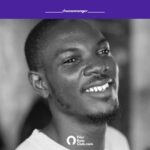
Abu-Bakr S. Adamu Reflects on Making His Third Short Film “Silent Verses”
Friday, 15th August 2025 Making Silent Verses has been one of the most profound experiences of my career, as this

